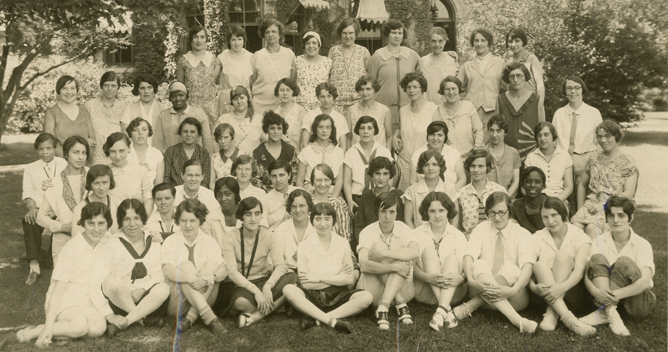Speaker Bio
Mia Ridge is researching a PhD (Department of History, Open University) focusing on crowdsourcing and the collaborative digitisation of historical materials. She has published and presented widely on her research including design for participation in cultural heritage. She is Chair of the Museums Computer Group (UK), a member of the Association for Computers and the Humanities Executive Council and editor of the forthcoming volume 'Crowdsourcing our cultural heritage'. Mia also took part in the 2012 Wikipedia edit-a-thon at the Royal Society and has been exploring the user of digital tools for presenting the lives and work of early scientific women.
Abstract
In 1908 Ina von Grumbkow undertook an expedition to Iceland. She later made significant contributions to the field of natural history and wrote several books but other than passing references online and a mention on her husband's Wikipedia page, her story is only available to those with access to sources like the 'Earth Sciences History' journal.
Cumulative centuries of archival and theoretical work have been spent recovering women's histories, yet much of this inspiring scholarship is invisible outside academia. Inspired by research into the use and creation of digital resources and the wider impact of these resources on historians and their scholarship, this paper is a deliberate provocation: if we believe the subjects of our research are important, then we should ensure they are represented on freely available encyclopedic sites like Wikipedia.
Wikipedia is the fifth most visited website in the world and the first port of call for most students and the public, yet women's history is poorly represented. This paper discusses how the difficulties of adding women's histories to Wikipedia exemplify some of the new challenges and opportunities of digital history and the ways in which it blurs the line between public history and purely academic research.
New Challenges in Digital History: Sharing Women's History on Wikipedia
In 1908 Ina von Grumbkow undertook an expedition to Iceland. She later made significant contributions to the field of natural history and wrote several books but other than passing references online and a mention on her husband's Wikipedia page, her story is only available to those with access to sources like the 'Earth Sciences History' journal.
Cumulative centuries of archival and theoretical work have been spent recovering women's histories, yet much of this inspiring scholarship is invisible outside academia. Inspired by research into the use and creation of digital resources and the wider impact of these resources on historians and their scholarship, this paper is a deliberate provocation: if we believe the subjects of our research are important, then we should ensure they are represented on freely available encyclopedic sites like Wikipedia.
Wikipedia is the fifth most visited website in the world and the first port of call for most students and the public, yet women's history is poorly represented. This paper discusses how the difficulties of adding women's histories to Wikipedia exemplify some of the new challenges and opportunities of digital history and the ways in which it blurs the line between public history and purely academic research.
